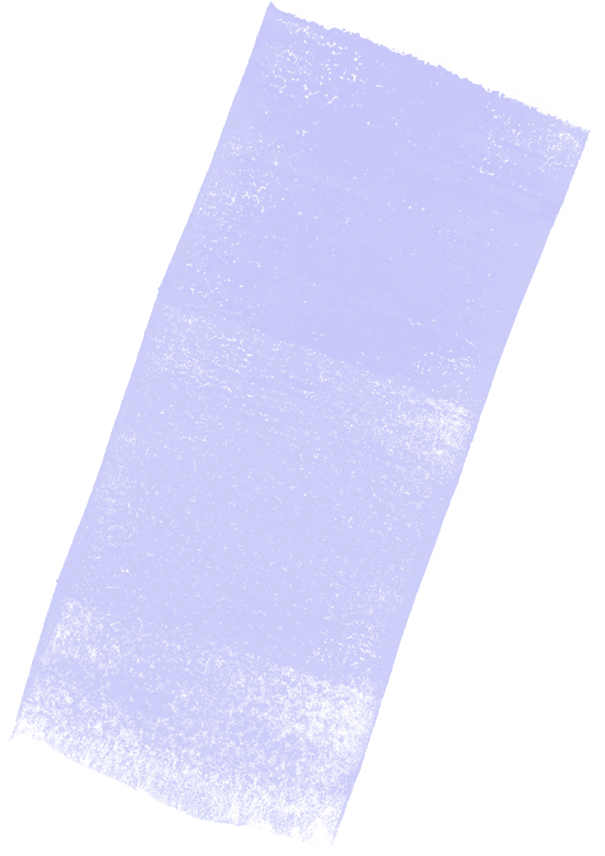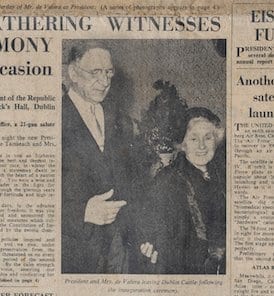Éamon de Valera, 1882-1975



[vc_row css_animation=”” row_type=”row” use_row_as_full_screen_section=”no” type=”full_width” angled_section=”no” text_align=”left” background_image_as_pattern=”without_pattern” el_class=”openTheArchives” z_index=””][vc_column width=”1/2″][vc_column_text]
Making front-page headlines of The Irish Times on Friday, June 26, 1959, Éamon de Valera is installed as third President of the Republic of Ireland at a ‘brief and simple ceremony’ at Dublin Castle on June 25.
The history of Ireland for much of the twentieth century is the history of Éamon de Valera.
De Valera, or “Dev”, was the sole surviving commandant of the 1916 Easter Rising. De Valera narrowly spared execution at Kilmainham Gaol, being next in line after James Connolly. Under growing pressure from the British government to halt executions, General Maxwell, when he asked if de Valera was of any importance, was told, ‘No. He is a school teacher who was taken at Boland’s Mill’.
However, the 1916 Rising would project de Valera into the struggle for Irish freedom and was the beginning of a political career that would dominate Irish politics and solidify him as one of the most significant Irish figures of the twentieth century.
An equally appreciated and disliked man, de Valera’s legacies include: his involvement in the anti-Treaty IRA during the Civil War, his influence in the Irish Constitution, being the founder and leader of the most powerful and consistently successful political party in Irish history (Fianna Fáil), Taoiseach for over 20 years of the role’s 37 years of existence, and afterwards, President for a further 14 years.
De Valera also founded the second largest Irish newspaper empire, the Irish Press Group, in 1931.
De Valera was a man of politics and of God, and he created an Ireland in which Church and State went hand in hand. This affected the role that Irish women were to play in society. As stated in article 41.2 of the Irish Constitution that he had a heavy influence in, the Constitution ‘recognises the role of women in the home’.
De Valera was elected for a symbolic second term in 1966, the 50th year anniversary of the 1916 Rising in which he rose to prominence. He died in 1975, two years after leaving his final public office role in Áras an Uachtaráin.[/vc_column_text][/vc_column][vc_column width=”1/2″][vc_single_image image=”11361″ img_size=”large” add_caption=”yes” onclick=”link_image” qode_css_animation=”” qode_hover_animation=”darken” el_class=”openArchiveImage” css=”.vc_custom_1652424541500{margin-bottom: 20px !important;}”][/vc_column][/vc_row][vc_row css_animation=”” row_type=”row” use_row_as_full_screen_section=”no” type=”full_width” angled_section=”no” text_align=”left” background_image_as_pattern=”without_pattern”][vc_column el_class=”openTheArchives”][vc_column_text css=”.vc_custom_1652696017362{margin-top: 30px !important;margin-bottom: 20px !important;}”]
#OpentheArchives posts
[/vc_column_text][latest_post type=”boxes” image_size=”portfolio-portrait” number_of_colums=”3″ number_of_rows=”2″ order_by=”date” order=”DESC” display_category=”0″ display_time=”0″ display_comments=”0″ display_like=”0″ display_share=”0″ category=”open-the-archives” text_length=”200″][/vc_column][/vc_row]